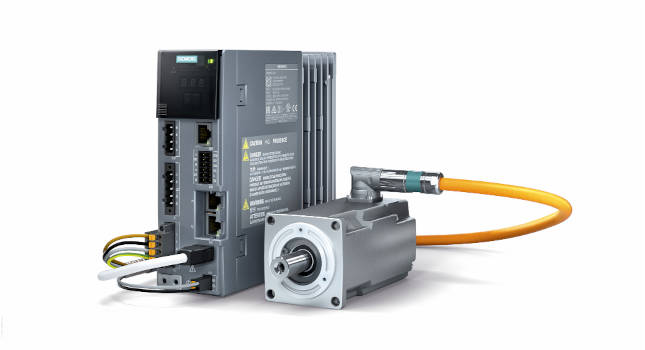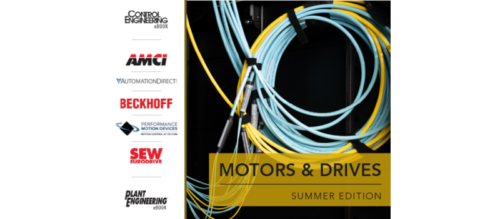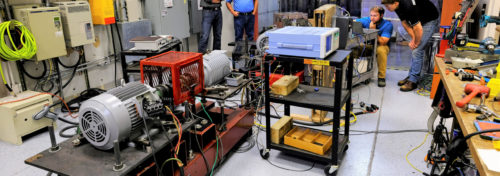Sustainability’s role in variable speed drives
The newest driver for the adoption of variable speed drives (VSDs) is sustainability and it will have a major impact on their performance.
Variable speed drive insights
- A variable speed drive (VSD) enables an advanced type of motor control, allowing the speed and torque of an electric motor can be varied.
- A VSD can reduce energy consumption by controlling the speed of the motor according to the actual load requirements.
The global community is facing unprecedented environmental challenges, such as climate change, biodiversity loss, and resource depletion. Only new sustainability strategies can meet these challenges and as a result, many industries and organizations are adopting energy-efficient practices. This trend is also pushing an increased adoption of variable speed drive (VSD) technology.
A VSD enables an advanced type of motor control, allowing the speed and torque of an electric motor can be varied. This technology is becoming more widely used in both industrial and commercial applications, including HVAC systems, pumps, fans and compressors. VSDs offer several advantages over fixed speed, uncontrolled motors, in addition to significant energy efficiency gains, reduced overall system wear and optimal process control and supervision.
They can reduce energy consumption by controlling the speed of the motor according to the actual load requirements. This means the motor runs only as fast as necessary to meet the demands of the application, rather than running at a fixed speed regardless of the load. As a result, VSDs can reduce energy consumption by 30%, leading to significant cost savings and reduced carbon emissions.
Improved process control
Improved process control is another significant driver for the adoption of VSD technology, which can provide precise control over the speed and torque of a motor, allowing for fine-tuning of process parameters. In addition to improving process or product quality, it also leads to reduced emissions and waste and increased production efficiency and reduced overall lifetime costs.
Due to the wide variety of VSD software functions, process control can be put on another level. VSDs are, for example, able to control more than one motor under special conditions, such as cascade control, making plant concepts posing which could not be realised without this technology of control and hand-over.
In addition, VSDs can also contribute to improve the reliability and lifespan of equipment. By controlling the speed of the motor, they help reduce the wear and tear on equipment, leading to longer lifespans and reduced maintenance costs. This can be particularly important in industries where downtime is costly or where equipment failure can have significant environmental impacts.
Due to the advanced motor control concept of VSDs it is possible to switch to high energy efficient motor technologies, enabling high energy savings especially under partial load operating conditions, or intermittent operation with soft start capabilities.
In this respect, the adoption of VSD technology allows engineers to optimize, supervise and monitor running processes and parameters. Modern digitalization tools enable advanced functionalities such as predictive maintenance concepts in a much wider context.
Sustainability is indeed becoming an important driver for the adoption of variable speed drive technology. As the global community continues to face environmental challenges, businesses and industries are recognizing the need to adopt more sustainable practices. VSDs can offer significant benefits in terms of energy efficiency, process control, equipment reliability and reduced lifetime costs, making them a key technology for businesses that are looking to reduce their environmental impact and improve their sustainability performance.
– This originally appeared onControl Engineering Europe’swebsite. Edited by Chris Vavra, web content manager, CFE Media and Technology,cvavra@cfemedia.com.
Do you have experience and expertise with the topics mentioned in this content? You should consider contributing to our CFE Media editorial team and getting the recognition you and your company deserve. Clickhereto start this process.







